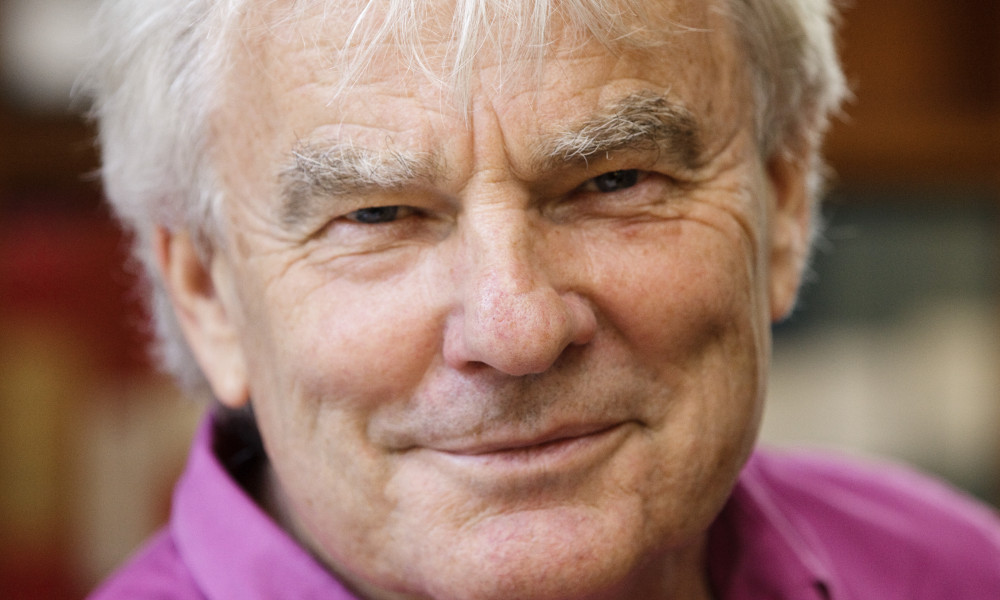Managing overflow
How can we learn to manage all the opportunities we have within reach in the 21st century?
“In the interdisciplinary project ‘Managing overflow’, I work with cultural science and social science researchers to understand how individuals, organisations and companies develop strategies to deal with the flow of information, choice, activities and objects. What do we do when it becomes ‘just too much’?”
Do different generations have different strategies?
“In order to grasp how much is ‘too much’ and how excess is created, defined and managed, a historical perspective is required. When, where and how is the phenomenon found? This also means that different generations create different strategies. In the digital society, people learn to navigate the flow of information on the internet, to select and reject, ignore and prioritise. We learn new ways to multi-task: sending text messages on the bus, surfing the web during meetings, listening to music in the car. When technology is new, it often requires our undivided attention. When the car was first invented, it was unthinkable that people could concentrate on driving and do other things at the same time. People stood stock still when they listened to the radio or spoke on the telephone. Over time, we learn ways of multi-tasking that eventually become invisible in our daily lives – they are simply a reflex.
“Modern travelling is a good example of this process. In the early days of the railways, people had to learn to deal with the crowds of strangers at the station and develop etiquette for how to behave towards other passengers on-board. People learnt to stand in the new phenomenon of a ‘queue’, learnt to read a timetable, read signs and listen to announcements. Today, we take many of these skills for granted and rarely think about them.”
For whom does it become too much? And where do we draw the line?
“Since the 19th century there have been lively discussions of what humans can stand; it has often been said that we have now reached the limit of what humans can tolerate – the brain and body can’t stand any more. We encounter the same perpetual debate among neurologists today and it can be useful to have a historical perspective on the very diverse ways in which people have previously managed overload.”
How do we learn to ignore information?
“The art of ignoring, turning a deaf ear or looking away is a key survival strategy in modern society; without that ability, our everyday lives would fall apart. How do we learn to do this? Often in imperceptible ways by testing and imitating others.”
What is the greatest difference between a 19th century individual and a 21st century individual in terms of adapting and creating strategies to deal with the flow of information?
“The major difference is of course how the flow of impressions and opportunities is organised through media structures and social interaction, among other things. Those who became new urban dwellers in the 19th century learnt with difficulty to synchronise their bodies with the flow of others in the streets and meeting places; they realised that it was not all right to stare, and discreetly dropped their gaze. Above all, they learnt to filter the many impressions in the throngs of the city. Today, life with smartphones and iPads creates new skills; technology that could formerly be perceived as stressful is today commonplace. This does not mean that technological development or information flows are unproblematic; people constantly have to invent new ways to live with them in their daily lives.”
Text: Bodil Malmström
Photo: Mikael Risedal
Published: 2014
References:
Questions concerning the ability to multi-task and create routines then and now are discussed in Billy Ehn & Orvar Löfgren The Secret World of Doing Nothing (California UP 2010). The project “Managing overflow” has so far produced two anthologies edited by Barbara Czarniawska and Orvar Löfgren: Managing overflow in affluent societies (Routledge 2012) and Coping with excess. How organizations, communities and individual manage overflow (Edward Elgar 2014).











